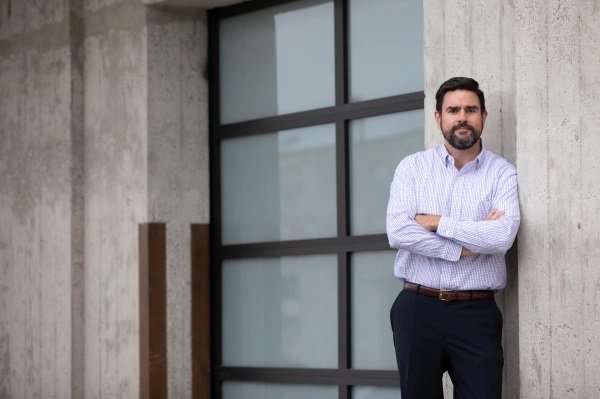Understanding the Operating Expenses in Your Office Lease

By Brian Johnson
2021 President
Santa Barbara Association of Realtors
A few weeks ago, I wrote about the different types of commercial leases that are out there. It is important to understand them so that you know what other expenses you are on the hook for besides rent. These expenses are called Operating Expenses and a Landlord will do their best to budget for these expenses each year. For some expenses like taxes and insurance, it is not too difficult to determine the budget. However, there is another portion of Operating Expenses referred to as Common Area Maintenance (CAM) expenses. This expense can be a little more difficult to budget, as it will include repairs, maintenance and the operation of any common or shared areas in your building. This can include shared lobbies, hallways, bathrooms, elevators, parking areas and landscaping. Since these types of expenses can vary from year to year, usually a reconciliation happens at the end of each year where a Tenant will either receive a bill for any overages in these expenses or a credit towards the next year if the expenses were less than budget.
It is vital for a Tenant to review these expenses before they sign a lease and to make sure they understand each expense. Often times a Tenant can negotiate on these items depending on the expense and the situation. Property owners will want to keep the expenses open ended but a Tenant who studies their lease and collaborates with their agent will be able to limit some of these expenses. Additionally, a Tenant should make sure they understand what areas of the building are included in their lease as “common areas” and they should eliminate any that are not truly available to them or their clients. This could include areas that would normally be considered common but become private due to another Tenant’s exclusive use. A Tenant also has the right to demand an audit of the Operating Expenses each year to make sure the Landlord is not trying to pass through expenses incorrectly. It is imperative that a Tenant reviews that reconciliation each year to make sure it is accurate.
Even if a Tenant’s lease is Full-Service Gross (FSG) or Modified Gross, it is important to review the lease language. The Lease may allow a Landlord to charge a Tenant for increases in the Operating Expenses after the first year. The Landlord would use the first year’s expenses as a Base Level and then each year after that the Tenant would be responsible for the difference.
Having a trained and experienced commercial real estate agent can make all the difference when negotiating your lease and assisting you throughout the lease term to make sure your expenses are in line with the true costs of the building. You will have a trusted advisor who will be able to help you navigate your lease so you can focus on making your business a success.
Brian Johnson is a California licensed real estate agent and the Managing Director of Radius Commercial Real Estate. Brian handles all types of commercial real estate transactions but has a special focus on multifamily investments. He can be reached at 805-879-9631 or bjohnson@radiusgroup.com




You must be logged in to post a comment.